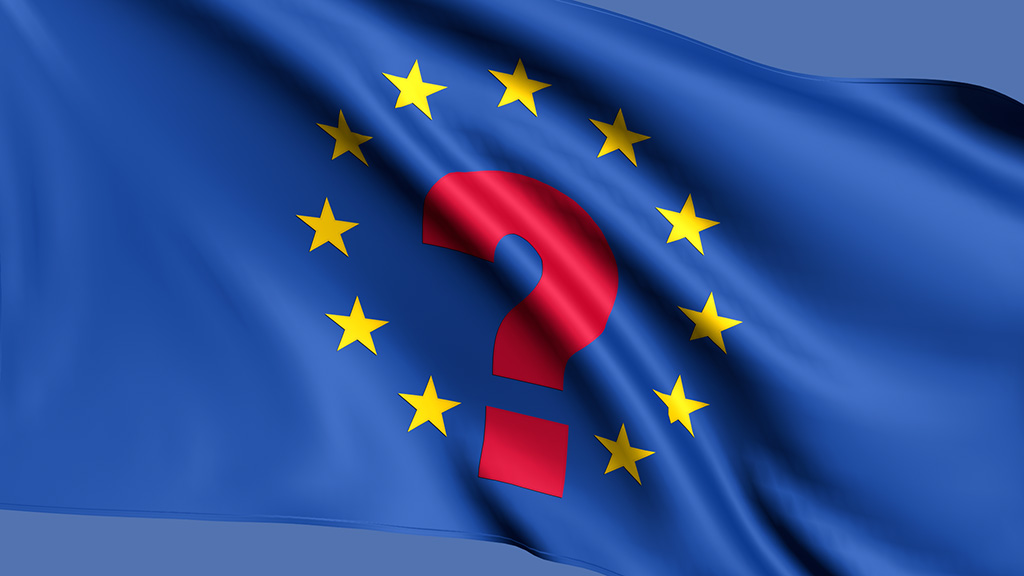The United Kingdom government has published guidance on broadcasting and video on demand if there is no deal over Brexit. So what is the big deal for broadcasters in the event of no deal? It’s complicated. Sadly it is not simply a case of keep calm and carry on.
If there is no deal, the Audiovisual Media Services Directive and the country of origin principle will no longer apply to services under United Kingdom jurisdiction that are broadcast into the European Union.

The government is advising that broadcasters will need to assess on a case-by-case basis whether their current licence would continue to be accepted in the European Union countries where the service is made available, and seek independent local advice if necessary.
In some cases, broadcasters may be able to rely on the Council of Europe Convention on Transfrontier Television, to which the United Kingdom, along with 20 other European Union counties is a signatory. The convention guarantees freedom of reception between parties and sets out that parties must not restrict the retransmission of compliant programmes within their territories. However, European Union countries that have signed the convention observe only the rules of the Audiovisual Media Services directive inside the single market.
If a service is available in one or more of the seven countries that are not party to the convention, that is Belgium, Denmark, Greece, Ireland, Luxembourg, The Netherlands and Sweden, these would not be covered by Ofcom licences. Broadcasters would need to ensure that the service is correctly licensed or authorised. The government advises broadcasters to consider taking local legal advice on the licensing requirements in those countries. Ironically, that applies to Brussels, the de facto capital of the European Union.
Furthermore, the convention on transfrontier television does not provide for freedom of reception for video-on-demand services. The regulation and authorisation of video-on-demand service is determined locally and the government says providers should seek local legal advice with regard to the status of their service.
The government advises that if broadcasters take no action they are likely to be viewed as a third-country broadcaster broadcasting into the European Union. Under the Audiovisual Media Services Directive, this would mean that European Union countries are free to impose through national laws further conditions on transmitting services into their territories, subject to the freedom of reception provisions of the Council of Europe Convention on Transfrontier Television. However, the enforcement mechanisms for the latter are limited. There is a standing committee to resolve disputes, but this has not met since 2010.
The Audiovisual Media Services Directive sets out a specific hierarchy of rules for determining jurisdiction. These include the establishment criteria for where the provider is based, or where these are not met the technical criteria for providers broadcasting via satellite.
In the first instance a provider is assumed to be established where the head office and editorial decisions for a service are taken. If the head office is in one location but editorial decisions are taken in another European Union country, establishment is based on the location of the office where a significant part of the workforce is located. If a significant part of the workforce is in multiple locations, establishment is based on the location of the head office.
The government guidance says that if a service has its head office in one European Union country but editorial decisions are taken in the United Kingdom, and a significant part of the workforce is in multiple European Union countries, the country with the head office will have jurisdiction.
If the establishment criteria do not apply, the technical criteria may apply and determine the jurisdiction if a service provider uses a satellite uplink situated in that European Union country or failing that uses satellite capacity related to that country.
If the service is uplinked from more than one European Union country, the broadcaster will fall under the jurisdiction of the European Union country where the first established uplink is located relating to a satellite with a footprint which is focussed on Europe.
To further complicate matters, the Audiovisual Media Services Directive is in the process of being revised, with a new version expected to be adopted by December 2018 and implemented by European Union countries by August 2020.
The government guidance relates only to the licensing of services. It does not deal with the issue of intellectual property rights involved in audiovisual services.
The country of origin provisions of the Audiovisual Media Services Directive also provide the rights mechanisms that allow providers to deliver services to other countries within the European Union without necessarily having to clear the relevant rights in each individual territory.
If much seems uncertain in relation to Brexit, one things seems clear: lawyers will be kept busy looking at licences and contracts.
The guidance on Broadcasting and video on demand if there’s no Brexit deal is published by the United Kingdom government and is available on its web site.
